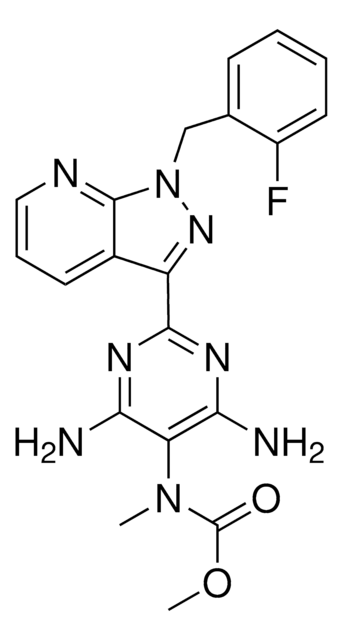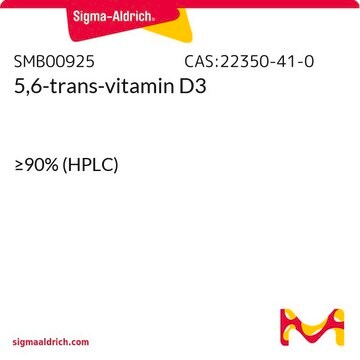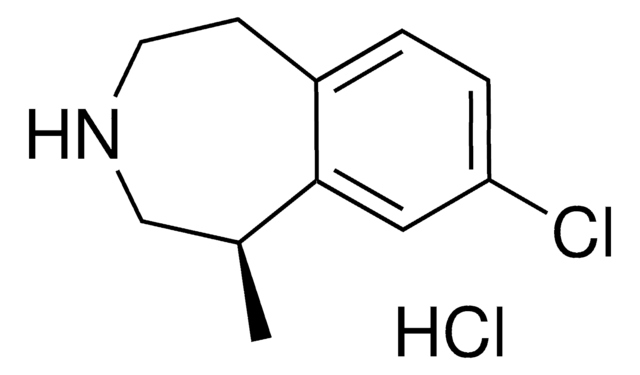D7071
Dapoxetine hydrochloride
≥98% (HPLC)
Synonym(s):
(S)-N,N-dimethyl-1-phenyl-3-(1-naphthalenyloxy)propanamine hydrochloride, S-(+)-N,N-dimethyl-a-[2-(naphthalenyloxy)ethyl] benzenemethanamine hydrochloride, LY-210448 hydrochloride
About This Item
Recommended Products
Assay
≥98% (HPLC)
form
powder
optical activity
[α]/D +125 to +135°, c = 1 in methanol
storage condition
desiccated
color
white
solubility
DMSO: ≥20 mg/mL
originator
Eli Lilly
storage temp.
room temp
SMILES string
Cl.CN(C)[C@@H](CCOc1cccc2ccccc12)c3ccccc3
InChI
1S/C21H23NO.ClH/c1-22(2)20(18-10-4-3-5-11-18)15-16-23-21-14-8-12-17-9-6-7-13-19(17)21;/h3-14,20H,15-16H2,1-2H3;1H/t20-;/m0./s1
InChI key
IHWDIQRWYNMKFM-BDQAORGHSA-N
Gene Information
human ... SLC6A4(6532)
General description
Biochem/physiol Actions
Features and Benefits
Signal Word
Warning
Hazard Statements
Precautionary Statements
Hazard Classifications
Acute Tox. 4 Oral - Aquatic Chronic 4 - Eye Irrit. 2
Storage Class Code
11 - Combustible Solids
WGK
WGK 3
Flash Point(F)
Not applicable
Flash Point(C)
Not applicable
Certificates of Analysis (COA)
Search for Certificates of Analysis (COA) by entering the products Lot/Batch Number. Lot and Batch Numbers can be found on a product’s label following the words ‘Lot’ or ‘Batch’.
Already Own This Product?
Find documentation for the products that you have recently purchased in the Document Library.
Our team of scientists has experience in all areas of research including Life Science, Material Science, Chemical Synthesis, Chromatography, Analytical and many others.
Contact Technical Service








